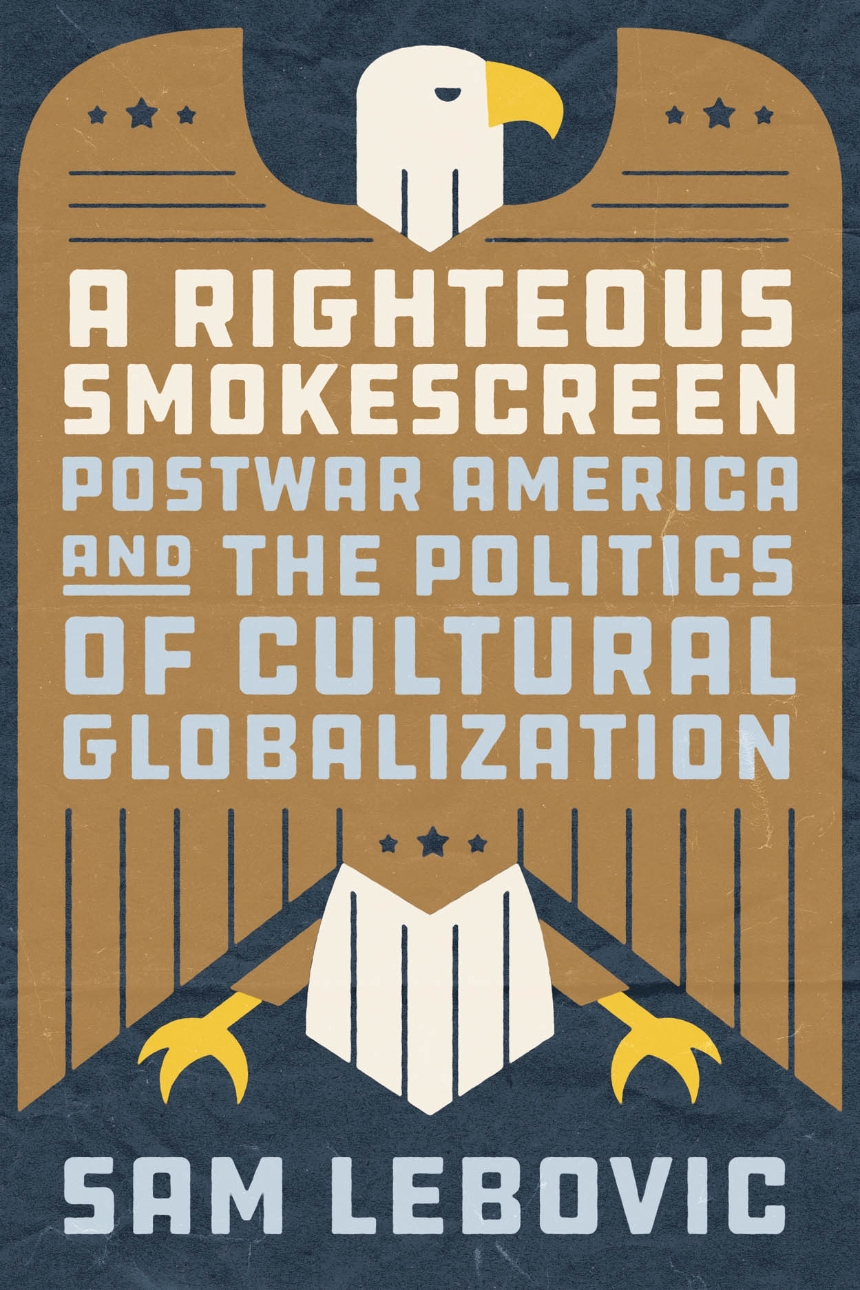Thursday, March 31, 2022
Luna
Wednesday, March 30, 2022
Conventional wisdom ...
An interesting and insightful post from Bret Stephens of the NYTimes titled What if Putin Didn't Miscalculate? makes imminent sense when you look at how this guy operates, cool, ruthless and cunning, characteristics in concert with the long game he might be playing as articulated in this excellent piece.
To whit ...
The conventional wisdom is that Vladimir Putin catastrophically miscalculated.
But maybe ...
Tuesday, March 29, 2022
Time seemed to have stopped ...
Monday, March 28, 2022
In love of the weird ...
Sunday, March 27, 2022
Soft power of a different kind ...
Yours truly actually remembers this scene when Gramps bought a very early RCA color tv during the halcyon mid 50s when the government was in the black and America was the hegemon of the world. Separated by two oceans, the US created a unique pop culture other countries gravitated to while at the same time, the lack of knowledge on the part of the US regarding other countries remains even today, both astounding and disturbing without question.
Exporting culture equates to soft power of a different kind.




















